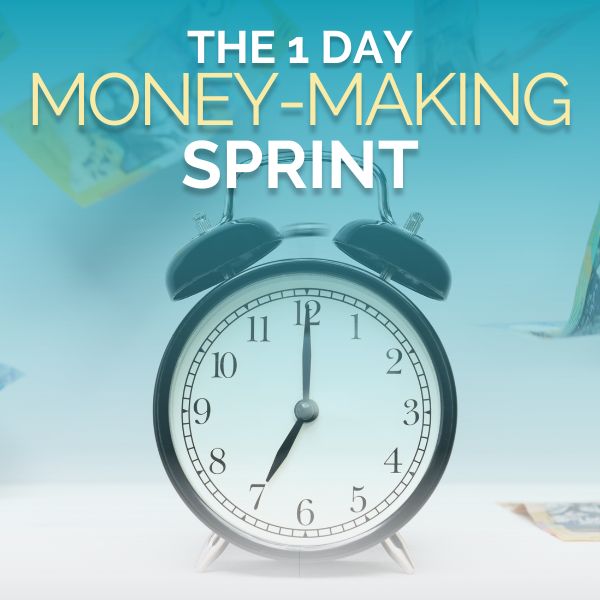Five reasons to get your loan now
Just about the only good thing about the current economy is the potential to borrow money at some of the lowest interest rates in history. For some, it is a great time to access the equity in your home to get ahead on a major financial or lifestyle goal.
So, while I did find one silver lining (I had to look hard), it’s essential not to forget one vital part when looking to borrow – you need to find an equally willing lender.
Unfortunately, this will become harder than grabbing a beer at your favourite local with the changing policy in the current environment.
Knowledge
A common question I get asked is; ‘have banks stopped lending?’ The short answer is no. Like everyone else, they need to keep providing services to be profitable. Besides, the Reserve Bank has flooded the market with cash to encourage the banks to lend to individuals and businesses.
Great! So, what was that ‘willing lender’ comment earlier? Well, while you might have been the perfect client for your current lender a few weeks ago (or even today), the goalposts are rapidly changing, most beyond your control.
1. Before you lose your job
Nobody expects to lose their job, let alone so many of us at once. It can happen to you. Banks are unlikely to lend you money at favourable terms if you have less ability to meet your loan repayments, regardless of interest rates.
2. Before banks change their minds
Unfortunately, there are many industries, businesses and employment types that will look financially different in 2021 and beyond. Banks will naturally assess the risk of some of individuals and companies differently as a result. The banks are changing the policy on who they don’t lend to frequently.
3. Before house prices go down
It’s widely expected that house prices will dip in value for at least the short-term, substantially reducing most people’s home equity. So, no matter what you earn, if you don’t have equity, you can’t get the loan.
4. Before you’re stuck in the lending chain
Don’t expect the lending process to be quick. Coronavirus has impacted everyone in the lending chain; valuers can’t access the property, banks have staff struggling with offsite technology, and you can’t sign documents on the spot with your lender anymore either. You can also expect banks to field a lot more enquiries for the next few months (especially after reading this article, right?).
5. Other policy changes
There could be environmental factors and banking policy changes that aren’t on the table…yet:
- Will banks lend you less than the 80-90% maximum we’ve all become used to?
- Will lenders mortgage insurance become be continue to be available?
- Will banks limit borrowing for investment?
- Will….will….will?
Motivation
While conditions are right, there are still several lenders willing to offer you favourable terms. The quicker you choose the right lender & complete the loan process, the less you’ll be impacted by potential changes.
The benefits of realising your equity while your property is at its highest value include:
- Owning your home sooner
- Freeing up cash flow
- Renovating your home
- Borrowing to invest in a portfolio or property
- Avoiding lenders mortgage insurance (LMI)
Time
You have three clear options on how to use your time; do the research yourself, deal with your bank directly or outsource to a specialist like a mortgage broker. The benefit of a mortgage broker is that they’ll be able to complete the research for you and not waste your time by applying through a bank that won’t support you.
The information (including taxation) is general in nature and may not be relevant to your individual circumstances. You should refrain from doing anything in reliance on this information without first obtaining suitable professional advice.
You should obtain and consider the relevant Product Disclosure Statement (PDS) before making any decision to acquire a product.


